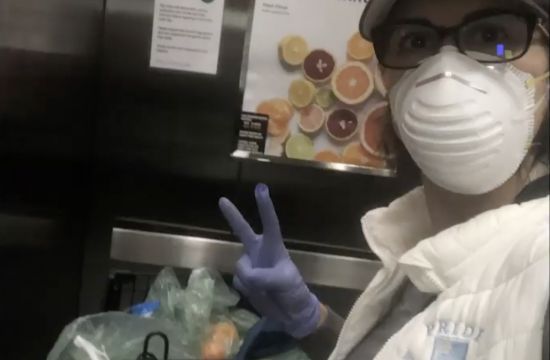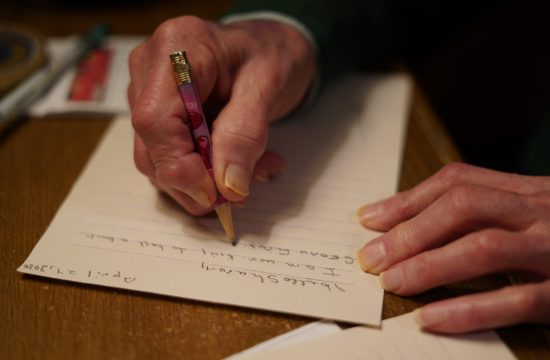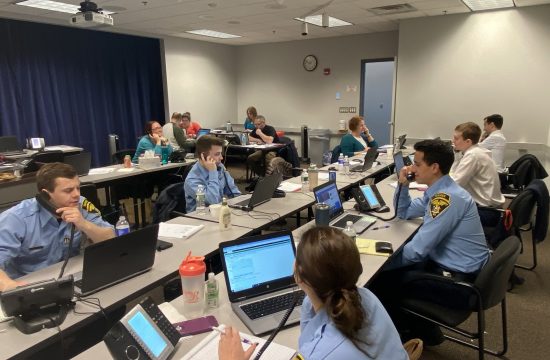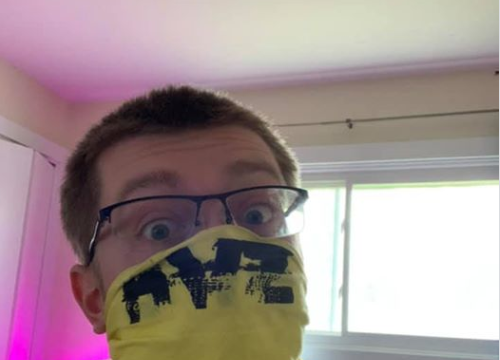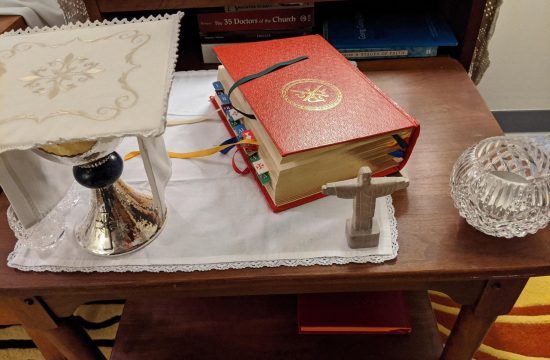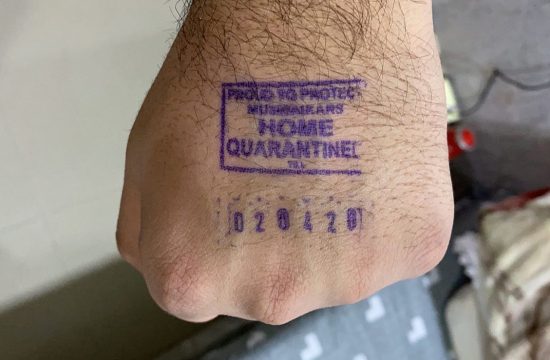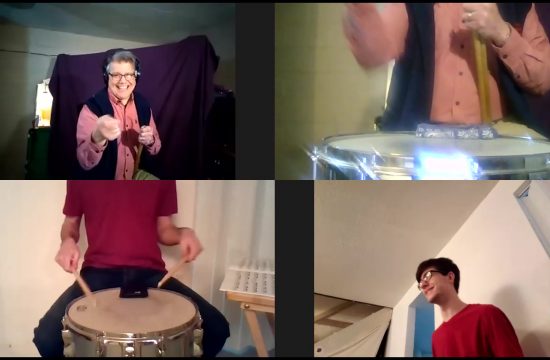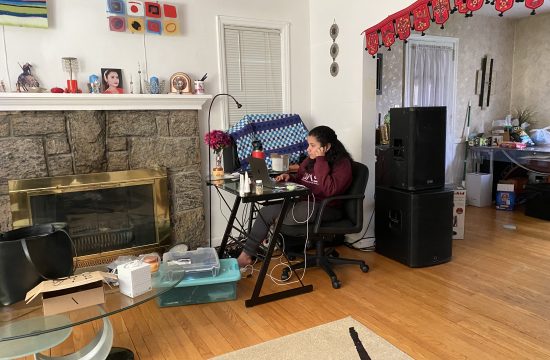Story by Zak Rossi
How do you make a form of entertainment that typically is done in-person work during a time of social distancing and convert it into a digital form? Improvisation actors, who need one another in person, have been experimenting by holding a digital talent show recently.
Alessandro Fiorella, a member of the RIT Improv group who participated in the online talent show, says the process was obviously a transition from meeting in person to going to a group call. The group worked together in the video call on a concept for their performance. Each participant signed into the Zoom call at prescribed times to act, and at one point the call reached 70 participants.

Many actors noted that the climate of the meet-up was surprisingly more casual than if it was held in person.
Other aspects, Fiorella noted, were just odd. For example, when the assigned person or small group entered the Zoom meeting at their time in the call, the performers would be the only ones that were unmuted, leaving the audience silent.
Typically, in a normal performance, it would be important to get audience feedback, and because the audience is muted, it was pretty unclear to tell how the audience might be responding. The idea behind improv is seeing what works and what doesn’t work.
If something is overdone or not clicking with the audience, then the actors have to adapt and change it to fit. However, if it does work, then they can go ahead and heighten the joke, according to Fiorella.
Despite the early growing pains and digital hiccups, the group felt comfortable with how their performance went, feeling confident and believed that what they made was indeed funny.



